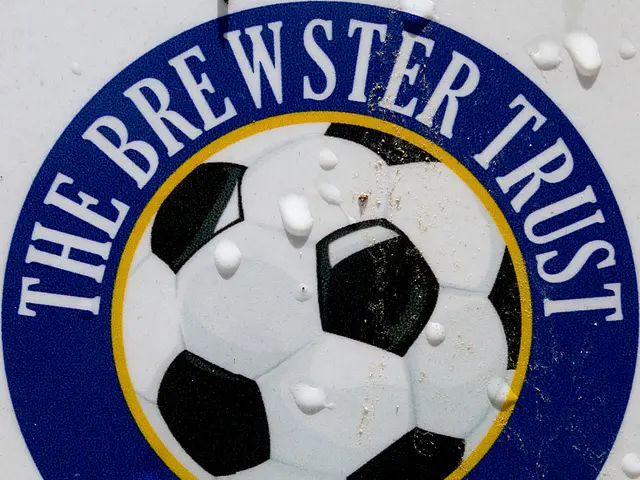EU Parliament Tackles "Chat Control" Controversy
In a bid to strike a balance between combating child sexual abuse and avoiding widespread internet surveillance, the EU Parliament's responsible committee has agreed on its stance for the contentious "chat control" issue. Officials made this announcement in Brussels on Tuesday, emphasizing the importance of tackling unlawful content without invading personal communication.
Last year, the EU Commission proposed a regulation to curb the dissemination of child abuse images. Critics swiftly labeled this initiative as "chat control," expressing concerns about potential mass surveillance, including encrypted messages. The proposal suggested that, under certain circumstances, providers such as Google and Facebook could be compelled to utilize software to search their services for such content.
MEPs are now advocating for certain revisions, such as maintaining end-to-end encryption for chats. If there are no objections at the upcoming Strasbourg plenary session, a vote will not be necessary, allowing negotiations with EU member states to commence. However, a consensus among member states has yet to be achieved, primarily due to concerns raised by Federal Minister of Justice Marco Buschmann (FDP).
The EU Parliament's position seeks to combat child abuse and steer clear of extensive internet surveillance, focusing on illicit content rather than encrypted chats. Although the EU Commission proposed mandatory requirements for providers to scan for applicable content under specific circumstances, MEPs remain committed to upholding the end-to-end encryption of chats, as part of their amendments to the EU legislation.
Sources:
Enrichment Insights:
The ongoing discussions and amendments regarding "chat control" in the EU Parliament to address child sexual abuse while preserving privacy and end-to-end encryption include:
- Polish Proposal: Introduced as a new version of the bill, its main focus is making child sexual abuse material (CSAM) searches voluntary for communication service providers. This proposed approach aims to alleviate privacy concerns by not requiring general monitoring of private chats, which was a significant criticism of the initial proposal.
- European Parliament's Alternative Proposal: This perspective calls for mandatory searches, but they should remain targeted at individuals or groups associated with child sexual abuse. This strategy aims to ensure that only relevant communications are scanned, minimizing the risk of mass surveillance.
- Criticisms and Concerns: Despite the voluntary implementation, critics argue that the current proposal could potentially lead to untargeted mass surveillance. They also express concerns about the potential digital house arrest of users under 16, limiting their app choices, including encrypted messaging apps. Additionally, some argue that the ban on anonymous email or messenger accounts could hinder sensitive chats related to sexuality, anonymous media communications with sources, and political activity.
As the debate surrounding "chat control" continues, it's becoming increasingly clear that striking a balance between addressing child sexual abuse and preserving privacy and digital rights is a complex and challenging endeavor. Both the Polish proposal and the European Parliament's alternative proposal are subject to further refinement to address the fundamental concerns and objections raised by privacy experts and advocates.








